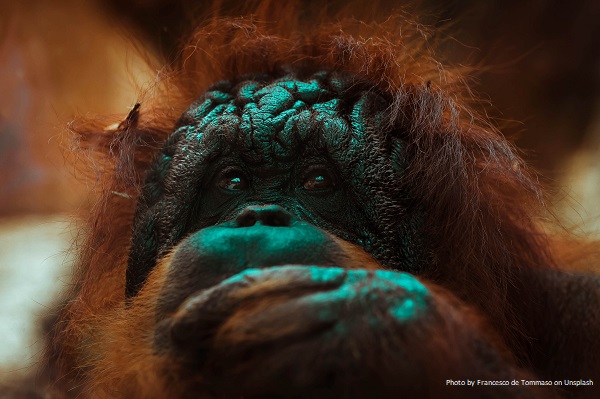Noble Secrets from an Orthodox Buddhist ex-Monk
(the guide series – part 3)

The first article in this ongoing series is How to Use Sex and Drugs to be Enlightened! The second is How to Create Powerful Psychedelic Sex Rituals! In today’s Psychedelic Renaissance, there’s no fully enlightening information. This series fills that void. Be completely prepared, and you’ll have the best adventure. Next article: Only 4 Ways to Nirvana. British spelling is a conscious choice.
Legal Disclaimer: Pre-existing psychological and physical conditions may render any experimentation with certain meditation and yoga techniques direly consequential. Due diligence is everyone’s personal responsibility. In light of all of the above statements, all liability is disclaimed.
The mind and body respond to yogic practices properly applied even though based on incorrect theories. It’s how far a theory unravels the universe adhering to logic and supported by empirical evidence that makes it the rational one to apply for best results.
For example, a person can reach a full absorption experience of Samadhi (Pali and Sanskrit: ‘concentration,’ ‘tranquility,’ or my favourite, ‘accessing the matrix of existence’) believing or expecting that some of what one is experiencing is a permanent state. That one is becoming unified with one’s higher, immortal self or an eternal god. It’s easy to get lost in the labyrinth of the mind chasing constructions to justify such an explanation. This is the nature of ‘woolly thinking.’
Any experience, no matter how euphoric or otherwise, that ever happens needs to be examined according to the logical three characteristics of all phenomena. These are called the tilakkhana in Pali, the Buddha’s everyday language, sometimes translated as ‘the three characteristics of existence’:
1) The experience was impermanent (Pali: anicca) as it came about due to a specific network of states acting as specific conditions for it to happen. With the passing of those conditions, it too passed. This fact is a self-evident truth.
2) It has the characteristic of being inseparable from suffering (Pali: dukkha) if there’s any clinging to it or craving for it again. This is another ultimate perspective-giver.
3) With or without your, or anyone’s, permission, the changing show goes on.
The self-evident conclusion…

… from these three characteristics, as summed up in number three, is that there’s nothing experienced in which something can be pointed to as being permanently ownable of that phenomenon or it could be ordered to stick around – be controlled – without needing a network of states to support that command.
Nothing ownable means inherently there’s no owner. No owner of any of it equals no self (anatta) or soul in any of it. Only a ceaseless, conditionable but not controllable, network of states acting as conditions for another network of states to arise, all quite specifically.
This is the cosmological nature of emptiness.
The Big Picture
That means there isn’t a permanent you. There’s only a ceaseless, conditionable but not controllable, network of states that causes another network of states to arise, all quite specifically. Even anything you might consider to be a permanent ‘you’ is just a (tightly-woven) network of states that hasn’t been unknotted. A sense of self is the result of these states rolling over and conditioning each other too quickly to know them separately.
As Bhikkhu Sumedha, a cave-dwelling Swiss monk in Sri Lanka once said to me, “It’s like the whirling brushes of a dynamo creating an electrical force.”
In Buddhism, this law of nature is called the ‘interdependent origination’. Nothing exists independently of other things. Everything that exists does so because other things exist. Nothing is permanent. It forms the basis of existence, the same mechanism working moment to moment as well as life to life.
Other than how to put any experience into perspective, here’s this article’s take-away for better living: stop clinging and craving to stop suffering. Being empty by nature, whatever it is you may be craving for or clinging to, it can’t give you lasting happiness. Learn when it’s best to let things go. That’s truly enlightened perspective.
Expect that to take practice. In the meantime, let the facts speak for themselves!
Two excerpts from the book Sex, Drugs, Enlightenment: Noble Secrets from an Orthodox Buddhist ex-Monk were merged for this article. They have been reformatted with only minor changes and subtitles to flow smoothly together.